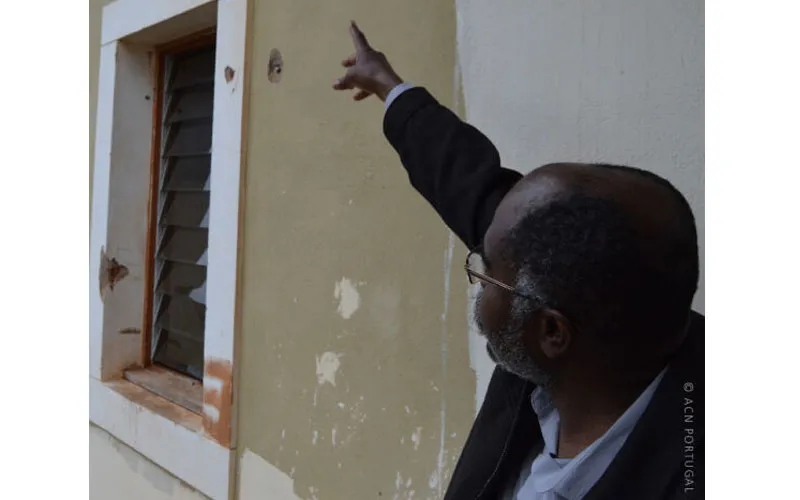Maputo, 22 November, 2021 / 9:30 pm (ACI Africa).
The Catholic Church in Mozambique has written to the Pontifical charity foundation, Aid to the Church in Need (ACN) Portugal, requesting for help to renovate Mozambique’s first Catholic Seminary that was ruined in the country’s 1977 civil war.
The old Seminary in Namaacha, a town which borders South Africa and Swaziland is a facility of the Catholic Archdiocese of Maputo.
The Seminary, which the Mozambican Archdiocese wants to transform into a center of spirituality is said to have been a scene of heavy fighting during the 15-year conflict. At some point, it is said to have been converted to a shelter for people who had been displaced in the violence.
The leadership of ACN Portugal says that to date, the Seminary bears bullet marks on its walls as the testimony of its “many years of misfortune”.
“The building, huge, has known many stories, many misfortunes. It was even the scene of fights during the long hard years of the civil war, and still bears bullet marks on its walls,” ACN Portugal leadership says in a Monday, November 22 report, and adds, “Now the Church wants to transform it into a diocesan center of spirituality. And it has asked the ACN foundation for help.”








